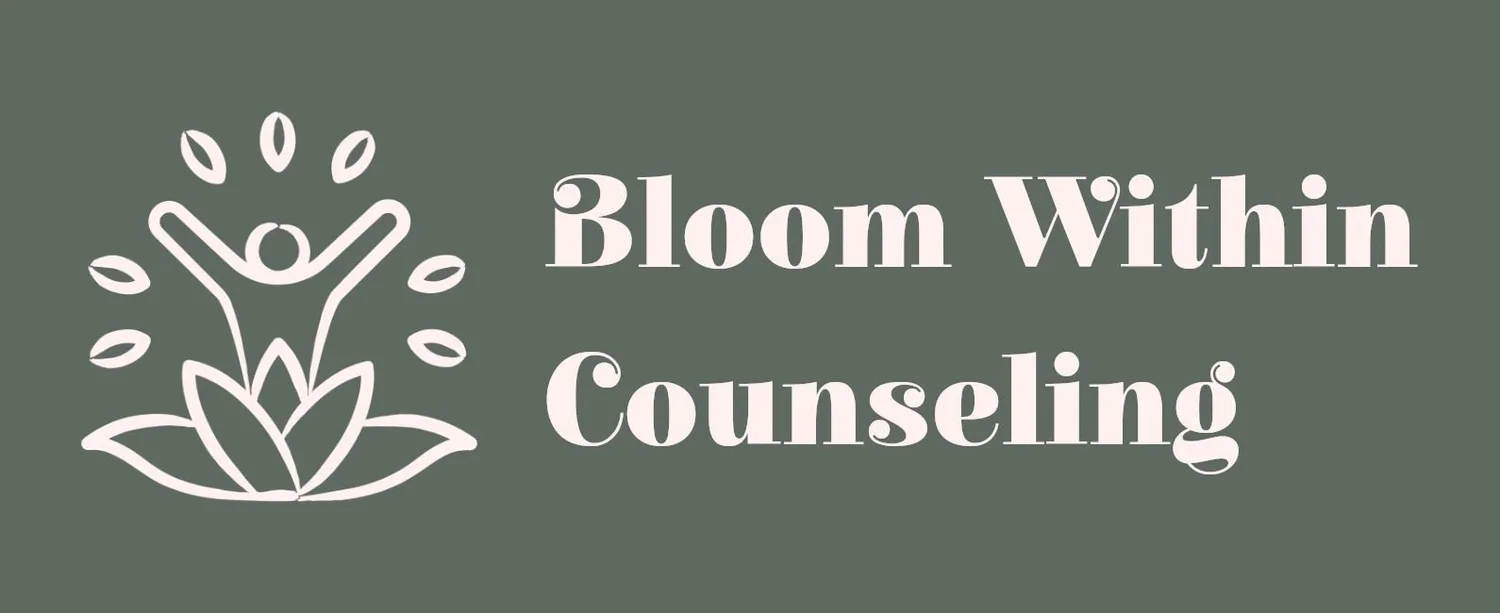Postpartum Anxiety: What It Looks Like and Why It’s Not Just “New Mom Worry”
You’ve welcomed your baby, and everyone tells you this should be the “happiest time” of your life. But instead of feeling calm or joyful, your mind won’t stop racing. You’re exhausted, yet you can’t rest. You’re flooded with ‘what-ifs’: “What if something happens to my baby? What if I make a mistake? What if I never feel like myself again?”
If this sounds familiar, you’re not alone. While many people have heard of postpartum depression (PPD), fewer know about postpartum anxiety (PPA), a very real, very common experience that affects many new moms everywhere.
What is Postpartum Anxiety?
Postpartum anxiety is more than just the typical worries that come with being a new parent. It’s a form of perinatal mood and anxiety disorder (PMAD) that can show up anytime during pregnancy or after birth.
While occasional worries are normal, postpartum anxiety feels like your brain’s alarm system is stuck on high alert, even when things are okay.
Common Symptoms of Postpartum Anxiety
Every parent’s experience is unique, but common symptoms include:
Racing thoughts you can’t turn off
Constantly feeling “on edge” or tense
Trouble sleeping even when the baby sleeps
Physical symptoms (heart racing, nausea, shakiness)
Intrusive thoughts or images of something bad happening
Difficulty concentrating or relaxing
Feeling like you have to “do everything right”
Many moms describe feeling like they’re living in a constant state of “fight or flight.” I call this ‘flooding’, which is our body’s survival instincts kicking in and causing us to experience “fight, flight or freeze.”
Why It’s Not Just “New Mom Worry”
It’s natural to worry about your baby’s well-being, but postpartum anxiety goes beyond that. The fear and tension can interfere with bonding, rest, and daily life. It’s not a reflection of your parenting or your love for your baby. It’s a sign that your nervous system is overwhelmed and needs care, not that you’re doing something wrong.
When to Reach Out for Help
You deserve support. Reach out if:
Anxiety feels like it’s taking over your thoughts
You’re losing sleep from worry or intrusive thoughts
You feel detached, guilty, or “not yourself”
You’re struggling to enjoy time with your baby or partner
Postpartum anxiety is treatable and therapy can help you find calm, confidence, and connection again.
How Therapy Can Help Postpartum Anxiety
At Bloom Within Counseling, I am a perinatal mental health certified therapist, so I specialize in helping new moms across Tennessee navigate postpartum anxiety and overwhelm.
Using evidence-based approaches like Cognitive Behavioral Therapy (CBT) and Acceptance and Commitment Therapy (ACT), we’ll work together to:
Identify and challenge anxious thought patterns
Learn grounding and mindfulness techniques
Build self-compassion and emotional resilience
Reconnect with your values and sense of self
Therapy offers a safe, supportive space to process what you’re feeling and build tools for lasting relief.
Frequently Asked Questions about Postpartum Anxiety
Is postpartum anxiety common?
Yes! Research shows that postpartum anxiety affects many new moms, sometimes even more than postpartum depression. It’s nothing to be ashamed of, and help is available.
How do I know if I need therapy for postpartum anxiety?
If worry or intrusive thoughts are interfering with your sleep, relationships, or ability to relax, therapy can help. You don’t have to wait until things feel “bad enough” to seek support.
Do you offer virtual therapy for postpartum anxiety in Tennessee?
Yes. I offer online therapy sessions to clients throughout Tennessee, including Nashville, Franklin, Murfreesboro, Memphis, Knoxville, and Chattanooga.
Virtual Therapy for Moms Across Tennessee
Whether you’re in Nashville, Franklin, Murfreesboro, Memphis, Knoxville, or Chattanooga, Bloom Within Counseling offers virtual therapy so you can access support from the comfort of home: during nap time, between feedings, or whenever you can carve out a quiet moment. At Bloom Within Counseling, I accept private insurance plans and offer sliding scale to make therapy more accessible.
You don’t have to face postpartum anxiety alone. Healing is possible, and it starts with reaching out.
If you’re noticing signs of postpartum anxiety, you’re not “just worrying too much” you’re having a valid emotional response that deserves care.
Click here to schedule an intake appointment to get started on your mental health journey today.
Visit here to read more about my services.

